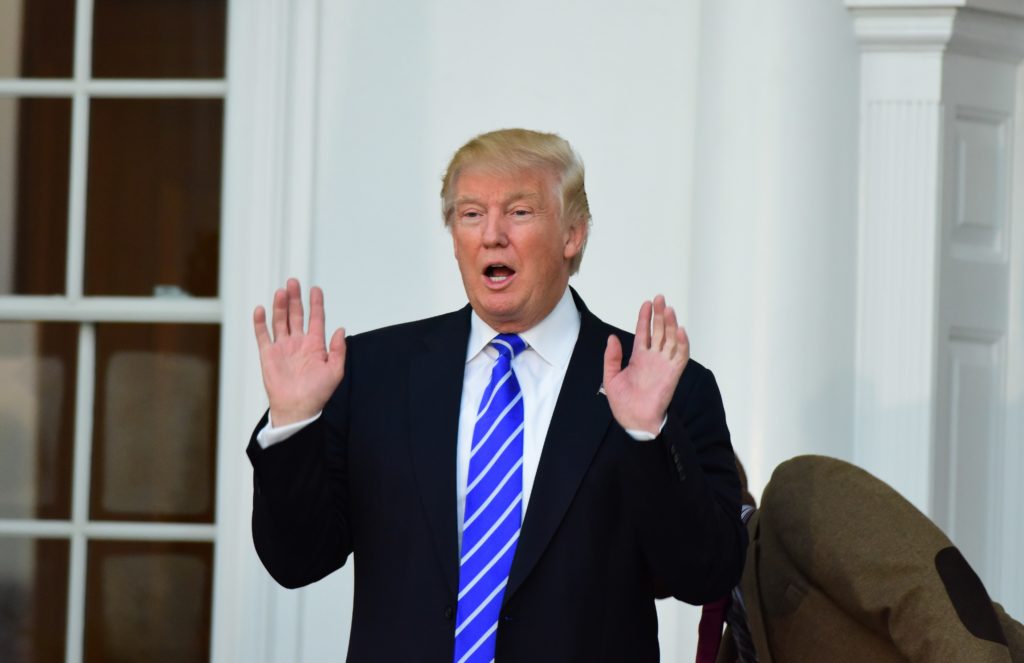Donald Trump accidentally gave the SDNY permission to seize evidence against him

There is so much to learn from the treasure trove of documents that a federal judge ordered to be released Tuesday about the FBI’s raid on Michael Cohen’s home, office, and hotel room last year. One particular revelation, first reported by CNN, has received very little media coverage. But it is a story that is too important to miss because of what it reveals about the president and the prosecutors investigating him. It shows that one side is intelligent, shrewd, and determined, while the other side is an egotistical oaf who just got trampled on by his own two feet. Before you read any further, you can try to guess which side is which.
On February 28, 2018, SDNY prosecutors obtained a search warrant to access the contents of Michael Cohen’s Gmail account. Google refused to comply fully with the warrant, pointing out that the law did not require the company to hand over data that was stored on overseas servers. That would have been the end of the story. Instead, a few weeks later, Trump inadvertently gave prosecutors an incredibly thoughtful gift.
On March 23, 2018, Trump signed a $1.3 trillion omnibus spending bill to prevent a government shutdown. The bill included a controversial law known as the Clarifying Lawful Overseas Use of Data (CLOUD) Act, which gives law enforcement the authority to secure digital information even if it is stored outside the United States. Trump got what he wanted despite pushback from privacy advocates concerned that the law could lead to unreasonable searches and seizures under the Constitution.
The SDNY then returned to court in April with new legal ammunition, citing the law that Donald Trump had just signed. A judge granted a new warrant, which meant that SDNY prosecutors got what they wanted: full access to Trump’s fixer’s email account, including attachments, address book entries and more. Some of that seized Cohen evidence surely incriminates Trump – and they have Trump to thank.

Ron Leshnower is a lawyer and the author of several books, including President Trump’s Month
